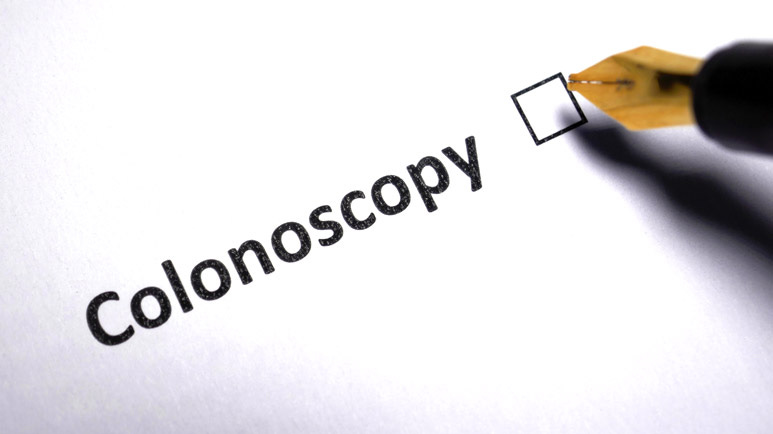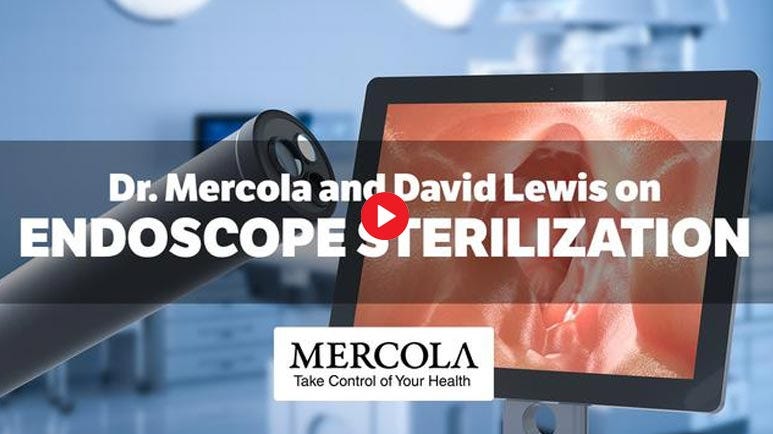Sorry for too much info about stool.
I recently did a Fecal immunochemical test which tests blood in stool and got a positive result, I’m unsure if it’s accurate as the range is 10-200 or 400 and I got a results of 19 so my dr wants me to do a colonoscopy. I will rarely have blood when wiping if I don’t eat well for a few days either not enough fibre and too much dairy, eggs and cheese causing a harder stool. Or bad eating from too much fibre or eating out causing multiple bowel movements in a short space of time, either one of those can results is a slight bit of bright blood but I doesn’t last.
The day of the stool sample I requested a second test because I gave my first sample from stool that had a tiny bit of blood when I wiped and the instructions say not to use stool with visible blood as it’s likely from haemorrhoids or fissure and will give a false positive when checking for colon cancer which is what the test is usually given for. Given that the second sample I gave was from another bowel movement later that day I feel like my positive results could be from some fresh blood like I’d seen on the tissue and not from colon cancer especially as it’s such a low results of 19.
I have been having health issues lately but it’s not all solely gut related if you check my other posts you’ll see it’s chest pain, fatigue, dizziness and other random issues.
For example I’ve been having terrible sleep waking up at 4am every morning need some sugar or carb, going back to sleep and having intense dreaming waking up exhausted, earlier this evening I had 4 eggs, butter and salt, 30 minutes after I had a couple of apples and a little OJ, just under an hour after I went for a 30 minute walk where I had to stop and sit down due to feeling very fatigued, dizzy/disorientated/unsteady and couldn’t take a deep breath properly. I felt extremely bloated which may or may not have been causing the inability to breath deep but I didn’t feel that bloat after eating only after walking. Unsure if any of this could be specifically colon cancer and warrant a colonoscopy.
I think I should first wait until I move out of my current home away from mold and see if my general symptoms improve and then after 1/2 months of consistent better eating see if my bloating changed and follow up with a second fecal test when there’s definitely no unsteady bowel movements or visible blood on tissue. Is that a good idea or am I being stupid to put off a colonoscopy? I’m not sure if it’s worth the risk.
I recently did a Fecal immunochemical test which tests blood in stool and got a positive result, I’m unsure if it’s accurate as the range is 10-200 or 400 and I got a results of 19 so my dr wants me to do a colonoscopy. I will rarely have blood when wiping if I don’t eat well for a few days either not enough fibre and too much dairy, eggs and cheese causing a harder stool. Or bad eating from too much fibre or eating out causing multiple bowel movements in a short space of time, either one of those can results is a slight bit of bright blood but I doesn’t last.
The day of the stool sample I requested a second test because I gave my first sample from stool that had a tiny bit of blood when I wiped and the instructions say not to use stool with visible blood as it’s likely from haemorrhoids or fissure and will give a false positive when checking for colon cancer which is what the test is usually given for. Given that the second sample I gave was from another bowel movement later that day I feel like my positive results could be from some fresh blood like I’d seen on the tissue and not from colon cancer especially as it’s such a low results of 19.
I have been having health issues lately but it’s not all solely gut related if you check my other posts you’ll see it’s chest pain, fatigue, dizziness and other random issues.
For example I’ve been having terrible sleep waking up at 4am every morning need some sugar or carb, going back to sleep and having intense dreaming waking up exhausted, earlier this evening I had 4 eggs, butter and salt, 30 minutes after I had a couple of apples and a little OJ, just under an hour after I went for a 30 minute walk where I had to stop and sit down due to feeling very fatigued, dizzy/disorientated/unsteady and couldn’t take a deep breath properly. I felt extremely bloated which may or may not have been causing the inability to breath deep but I didn’t feel that bloat after eating only after walking. Unsure if any of this could be specifically colon cancer and warrant a colonoscopy.
I think I should first wait until I move out of my current home away from mold and see if my general symptoms improve and then after 1/2 months of consistent better eating see if my bloating changed and follow up with a second fecal test when there’s definitely no unsteady bowel movements or visible blood on tissue. Is that a good idea or am I being stupid to put off a colonoscopy? I’m not sure if it’s worth the risk.







